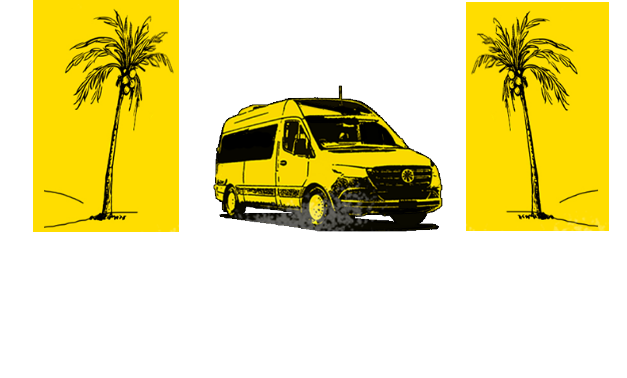I’ve never been to Venice. I have however watched all the culturally appropriate movies to give me a sense of what it looks like – The Tourist, Italian Job, Indiana Jones and the Last Crusade. You get my point. The expertise on the topic of Venice I’ve garnered from these movies has led me to make the bold declaration that Ganvié isn’t Africa’s Venice and people (read white people) need to stop calling it that. It’s Ganvié.
Here are a couple of ways in which Ganvié is different from Venice:
- You don’t need a visa to visit Ganvie.
- Main languages spoken in Ganvie are Fon and French, not Italian.
- You can walk around parts of Venice. In Ganvie, you need to hop in your boat to borrow some salt from a neighbour. Even the market is made up of a cluster of boats on the water and every family has three boats. One for the man to fish, another for the woman to sell the fish and the last for the kids to go to school.
Side note: Can you imagine pulling up at your school with your brand new boat when you come of age? Big flex energy.
While it’s nothing like Venice, Ganvié is a whole lot like Makoko just a lot cleaner and better organised. Trade between the two communities and the fact that they share a coastline also means that the two cities have become very interconnected over time. Even though our guide was born and raised in Ganvié and currently lives there. He went to school in Makoko. There are ministers of the court of the two Kings of Ganvié who are assigned to live in Makoko. When I asked my guide what he thought about Makoko, he said dirty and a little disorganised in the nicest way he could muster but he isn’t far from the truth. If you set off from Ganvié to Makoko you could get there in a day and a half by boat.
So what makes Ganvie, Ganvié and Makoko well Makoko. One a picturesque tourist attraction with hotels and souvenir shops dubbed the Venice of Africa and the other a tourist attraction in its own way but for white people with saviour complexes. Better organisation and leadership was our guide’s answer to this question. In Ganvie, there are two Kings, ministers and a mayor. In Makoko everyone wants to be King, so no one is King.
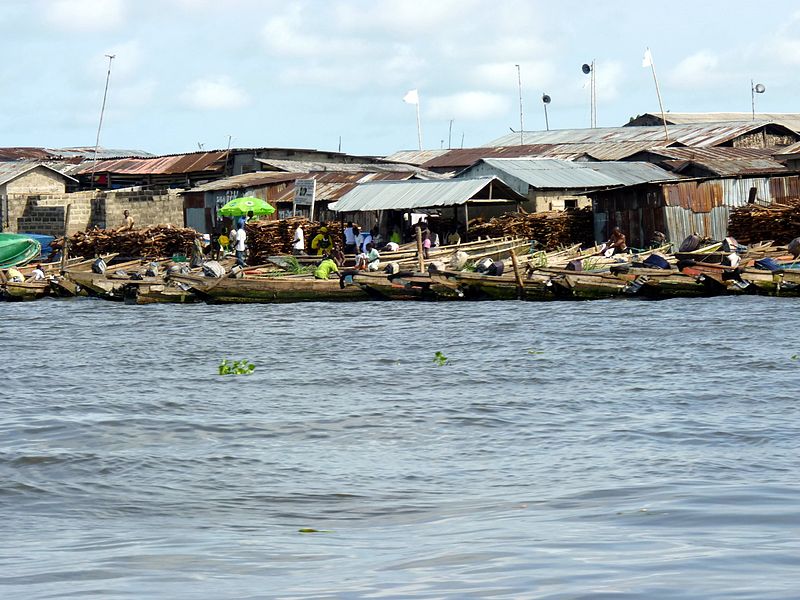
There are two things everyone from Ganvié can do. Swim like a fish and well fish. Asides a handful of people like the voodoo worshipper hotelier we ran into who had the coolest souvenir shop and our tour guide, everyone makes a living off fishing. The men do the fishing and the women go sell the fish in Abomey Calavi the nearest city. At the Ganvié market, you can get almost anything to buy except fish. Getting a Ganvié native to buy fish will be just as futile as getting Nigerians to admit that they might not have the best Jollof in West Africa.
It’s like pounded yam but better
Before heading to Ganvie we went in search of this place reported to have the best Igname pile in town. Of course, it had no name, because the best food places never do but if you find yourself in Cotonou it’s a couple of buildings away from a boutique called Ateliers Cameleon.
Igname pile pronounced yam-pilay is at its core pounded yam only so much better. It’s softer and silky and when you sink your fingers in, it’s what I imagine touching a cloud would feel like. Perfection. Their secret? Just add in some more water when pounding. Who knew it could that simple.
Random tip: At Hotel de la Diaspora in Ouidah when you order a glass of wine they fill it to the top. Haters will say it’s uncultured but it just means there’s more wine for you. They also serve grossly oversized potions of food.
Today we are going to engage in activities that will keep my mother up at night praying for me. We are going to frolic with the snakes at the Python Temple in Ouidah and try to find out why the hell so many people from Nigeria buy cars in Benin.

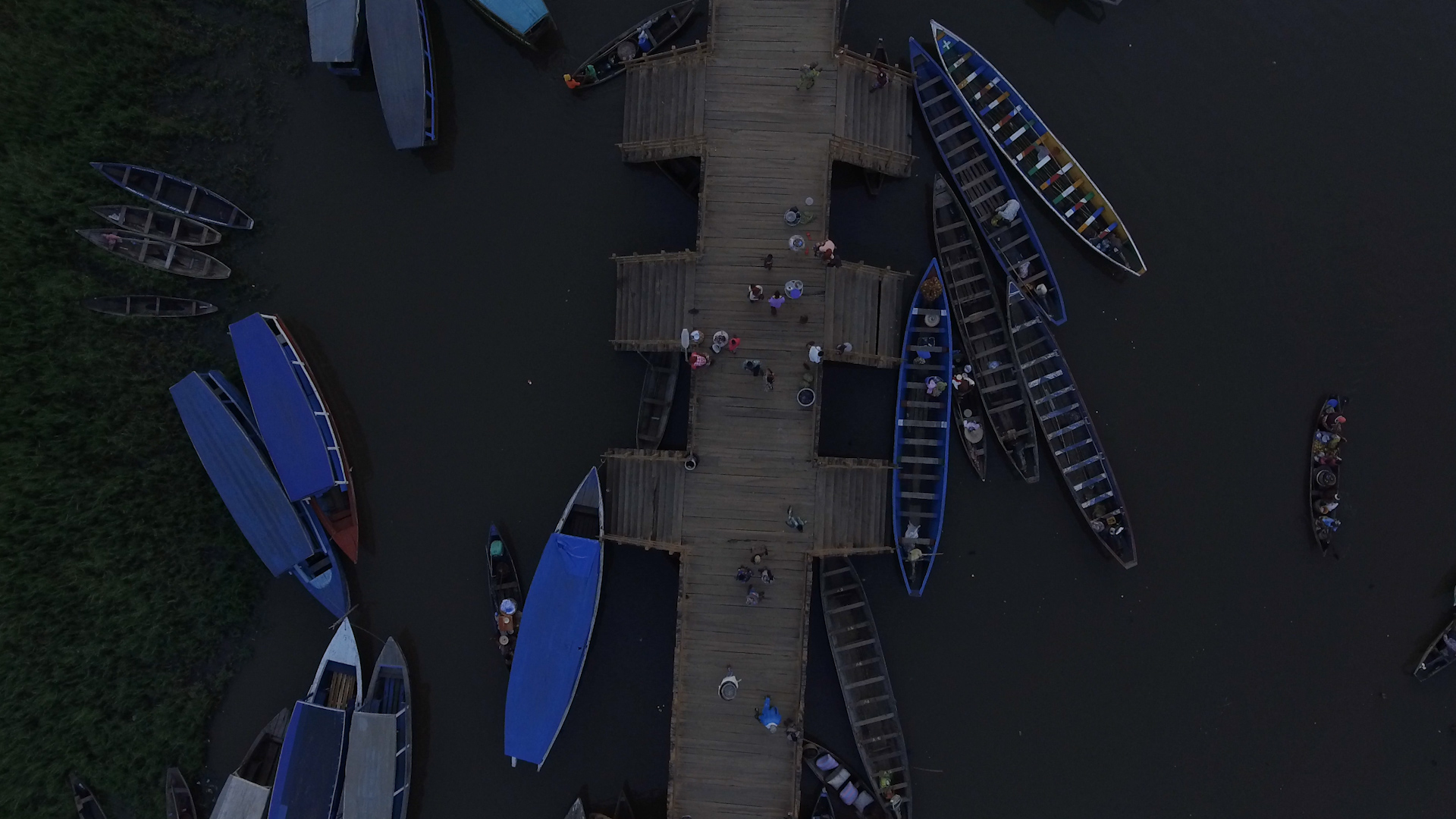




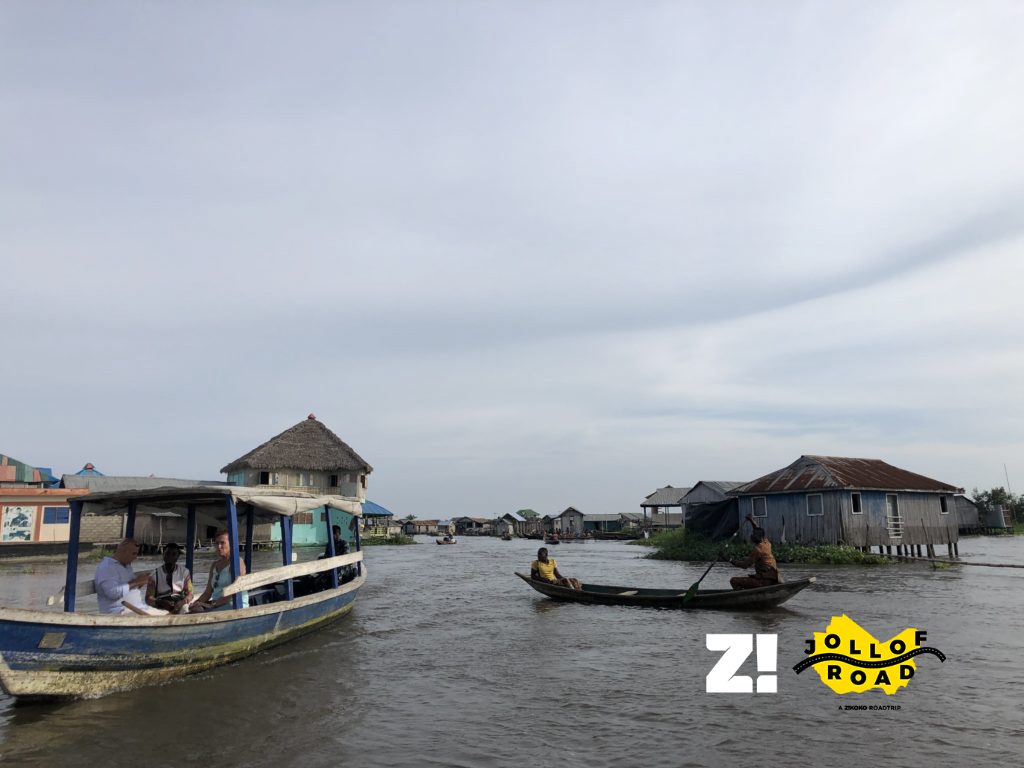
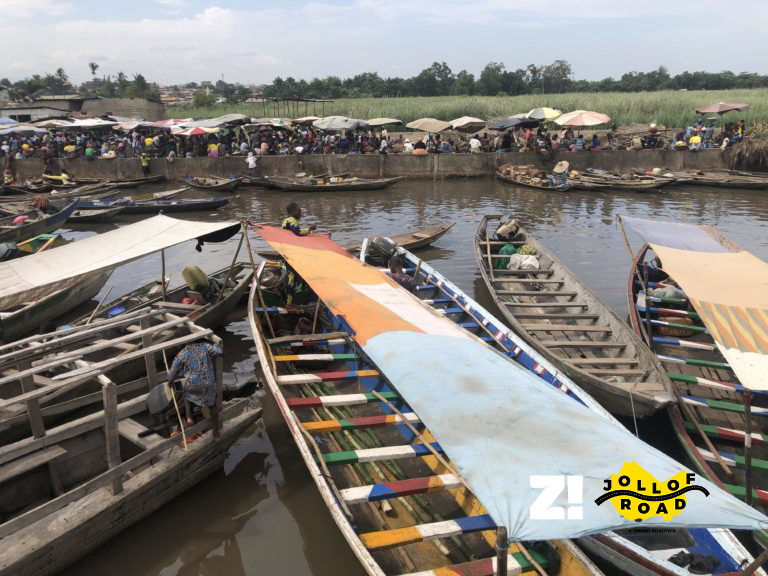
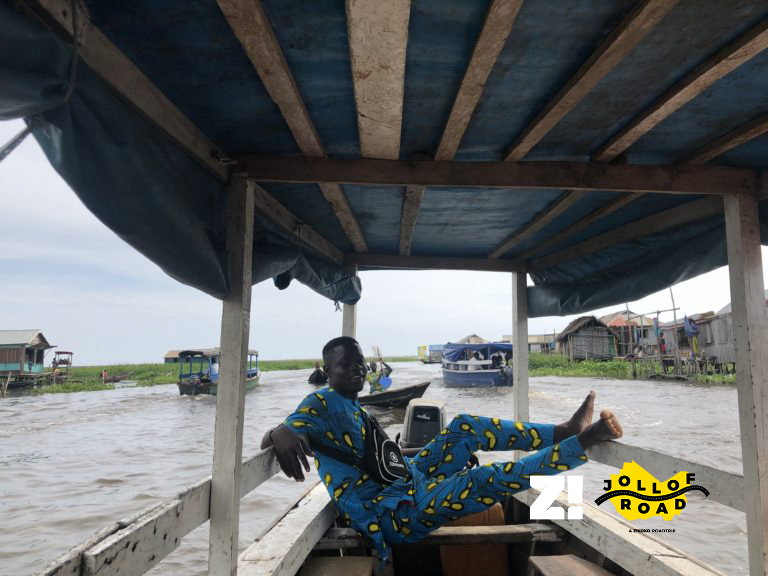
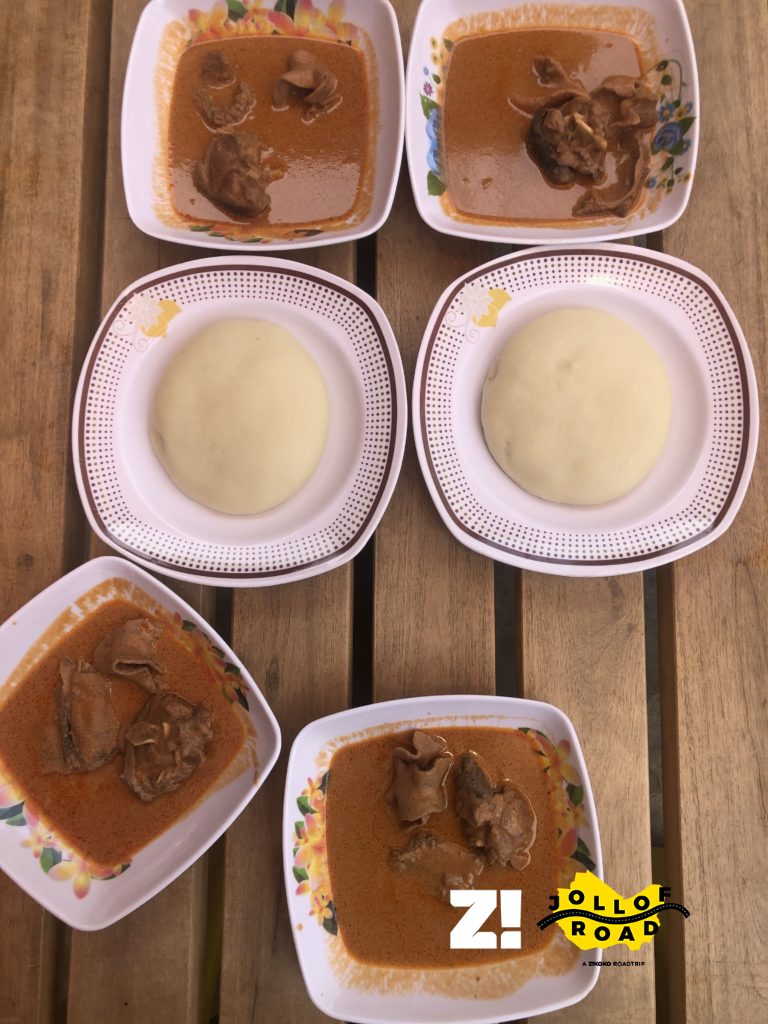
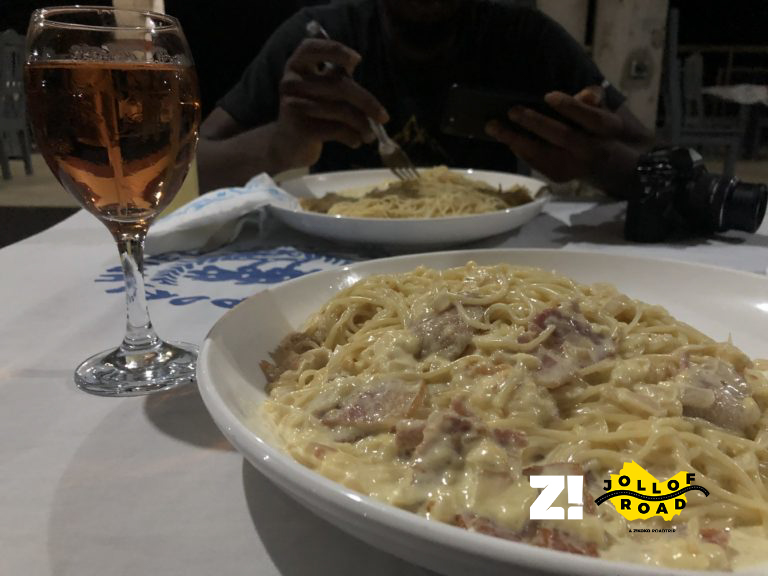
 Previous post
Previous post Next post
Next post



